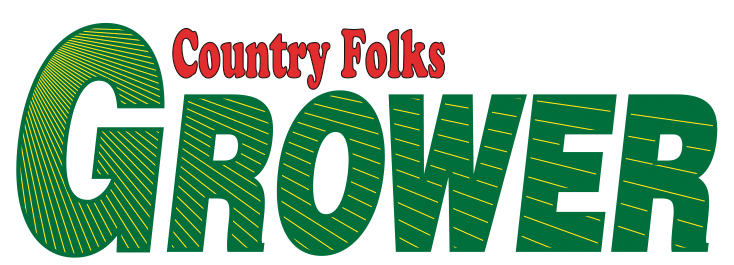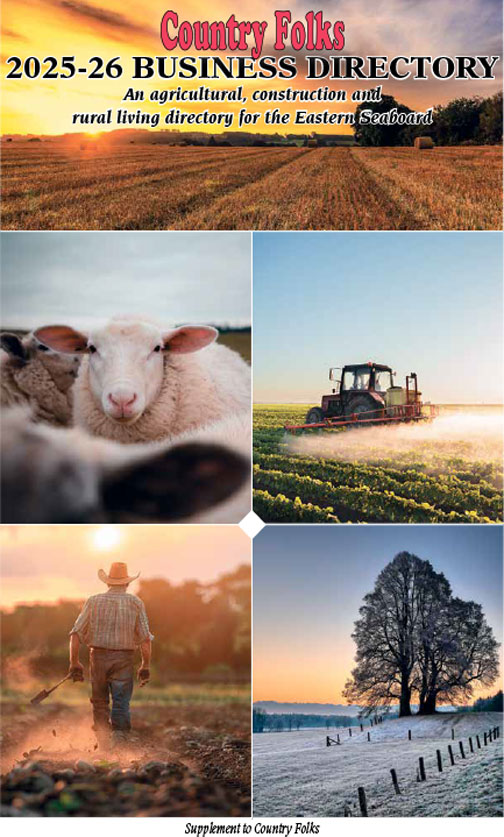When family works on the farm
Dealing with taxes for family members working on the farm can be a sticky topic. Rob Holcomb, University Minnesota Extension educator, recently addressed the topic.
Holcomb said labor is a complicated topic, and it’s up to the employer to understand and adopt the most protective standard between the federal and state. In most cases, this requires looking at state regulations.
Whether payroll taxes are applicable to family members depends on several factors.
“On a W-2, there’s FICA and Medicare withholding,” said Holcomb. “That’s essentially the Social Security equivalent if you’re self-employed. There’s also federal income tax withholding.”
In some jurisdictions, an individual might have to withhold federal and state unemployment, perhaps quarterly, depending on the size of the operation.
“The typical rule is that farming/agricultural operations are exempt from federal and state unemployment unless you meet thresholds,” said Holcomb. “The most common threshold is $20,000 worth of wages paid out in total in any calendar quarter. But in most cases, you don’t have to worry about it because small farming operations are exempt.” Check at the state level to be sure about this aspect.
Some family members in certain business structures will be exempt from some withholdings. In a sole proprietorship with a minor child (under 18) working for parents in a valid working relationship, FICA and Medicare don’t have to be withheld.
Documentation is important. Family members employed on the farm are required to complete Section 1 on the I-9 form on the day of hire, and the remainder of the form within three days of hiring. Also required is a W-4, a federal form employees complete to indicate how much federal income tax to withhold from their paychecks.
In a sole proprietorship, the individual is operating a business that is not incorporated through the state. “In that case, the sole proprietor business and the filing is all done on the same 1040,” said Holcomb. “There’s no separation of the business and the individual tax return. The sole proprietor keeps their farm records, income and expense, and that’s reported on Schedule F (for farm reporting) on their individual 1040 when they file taxes.”
The owner in a sole proprietorship doesn’t pay themselves wages. However, the sole proprietor is required to issue W-2s to employees. When family members are working in the farming operation, a W-2 is appropriate if expenses will be deducted. If a sole proprietorship is paying wages to children, there should be an employer/employee relationship and the children should be paid reasonable compensation.
When paying children, payments should be properly documented. If children are doing work for the farming operation, it’s 100% legitimate and deductible. The tax treatment depends on the age of the children and in what entity they are operating. If a child is employed by the farm, job duties such as house cleaning or laundry are not legitimate farm deductions.
“For federal withholding (federal income tax), there is no exemption for an employee who is a family member,” said Holcomb. “For FICA and Medicare, which are the Social Security and Medicare portion of withholding, it amounts to 15.3%.” Farming operations are typically excluded from federal and state unemployment unless the operation is large.
If a minor child is hired by a parent, federal withholding is required, but not FICA, Medicare and federal unemployment unless a certain threshold is met. For dependent child ages 18 – 20, the parent must withhold FICA and Medicare; the child is still exempt from federal unemployment.
In some cases, a child who is handling the management of a family farm will hire a parent. If a parent is employed by a child in a sole proprietorship or partnership, the child (as the employer) withholds FICA and Medicare but not federal unemployment. Spousal employment follows the same rules.
Holcomb explained that a partnership keeps its own set of books and doesn’t pay tax. “When it files a tax return, the profits from the partnership pass through to individual partners,” he said. “Partners don’t get a W-2 from the partnership – money is passed on to partners through a K-1.”
If one partner is doing more work than another, the partnership can decide to pay that person a guaranteed payment, which is extra payment designed to keep everything “even.” If the partnership has employees who aren’t partners, they complete W-2s. For exemptions for minor children, the parents must be the only partners.
LLCs are almost identical to a general partnership. “When you form an LLC, it’s chartered with the state,” said Holcomb. “LLCs keep their own set of books, file their own returns and income is distributed to partners with K-1. A single-member farm that’s an LLC is filed on Schedule F.”
Children do not receive beneficial treatment in an LLC compared to a sole proprietorship or partnership.
An LLC that employs a minor child must withhold as is done for any other employee. In a sole proprietorship, there are no exemptions for siblings, aunts, uncles or cousins.
C corporations track income and expenses and file their own tax returns, pay wages and rent and distribute dividends. “It pays tax at the corporate level,” said Holcomb. “Shareholders get a W-2 and may also receive land rent or dividends reported on a 1099. There is no preferential treatment for family members.”
S corporations are much like partnerships. An S-corp doesn’t pay tax, but K-1s go to shareholders. “The big difference with an S corporation is that shareholders are not subject to self-employment tax,” said Holcomb. “Because of that, the S corporation is required to pay a salary or wages to all shareholders, who will get a K-1 and a W-2.”
Regarding children and child labor laws, federal exemptions apply for child labor regarding one’s own children. However, states’ laws vary, and parents should check state labor laws for details.
If teens from the family are on the workforce and some of their friends are hired to work, adhere to child labor laws that apply to individuals other than the farm owner’s children.
“Depending on the age of the employee, labor laws will affect how early in the morning and how late at night they can work,” said Holcomb. “There are also restrictions on whether they can legally operate equipment. When hiring non-dependent children, remember the most protective standard applies. Check both federal and state rules.”
Always consult a qualified tax preparer or attorney for guidance on tax issues.
by Sally Colby





